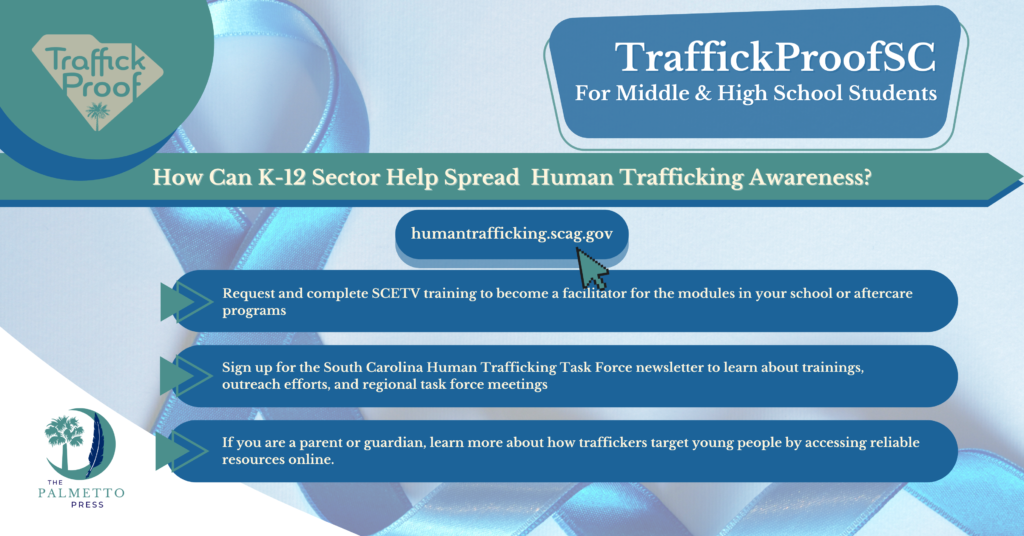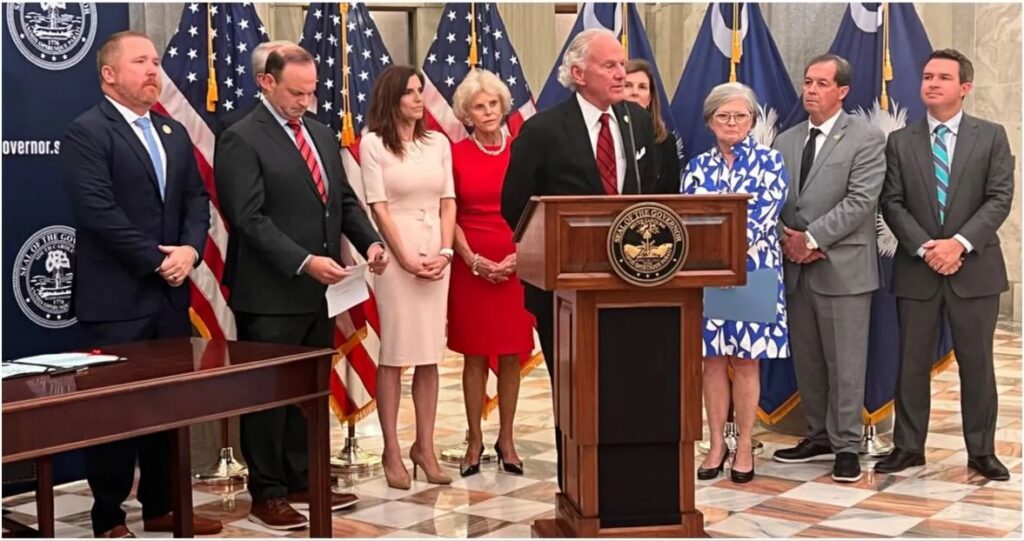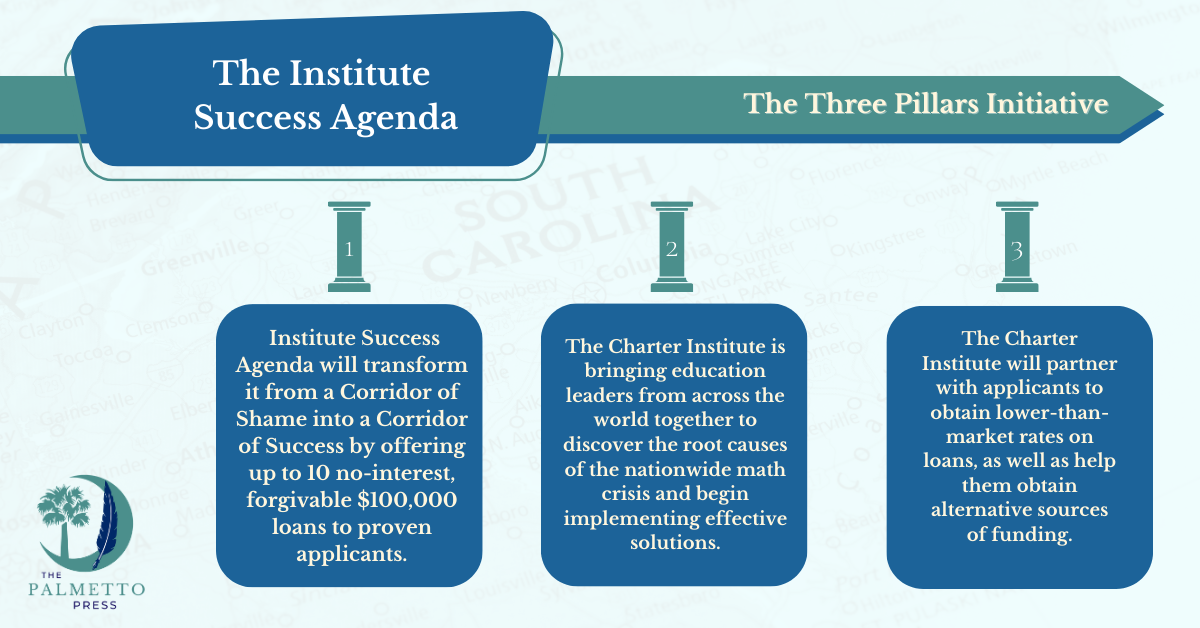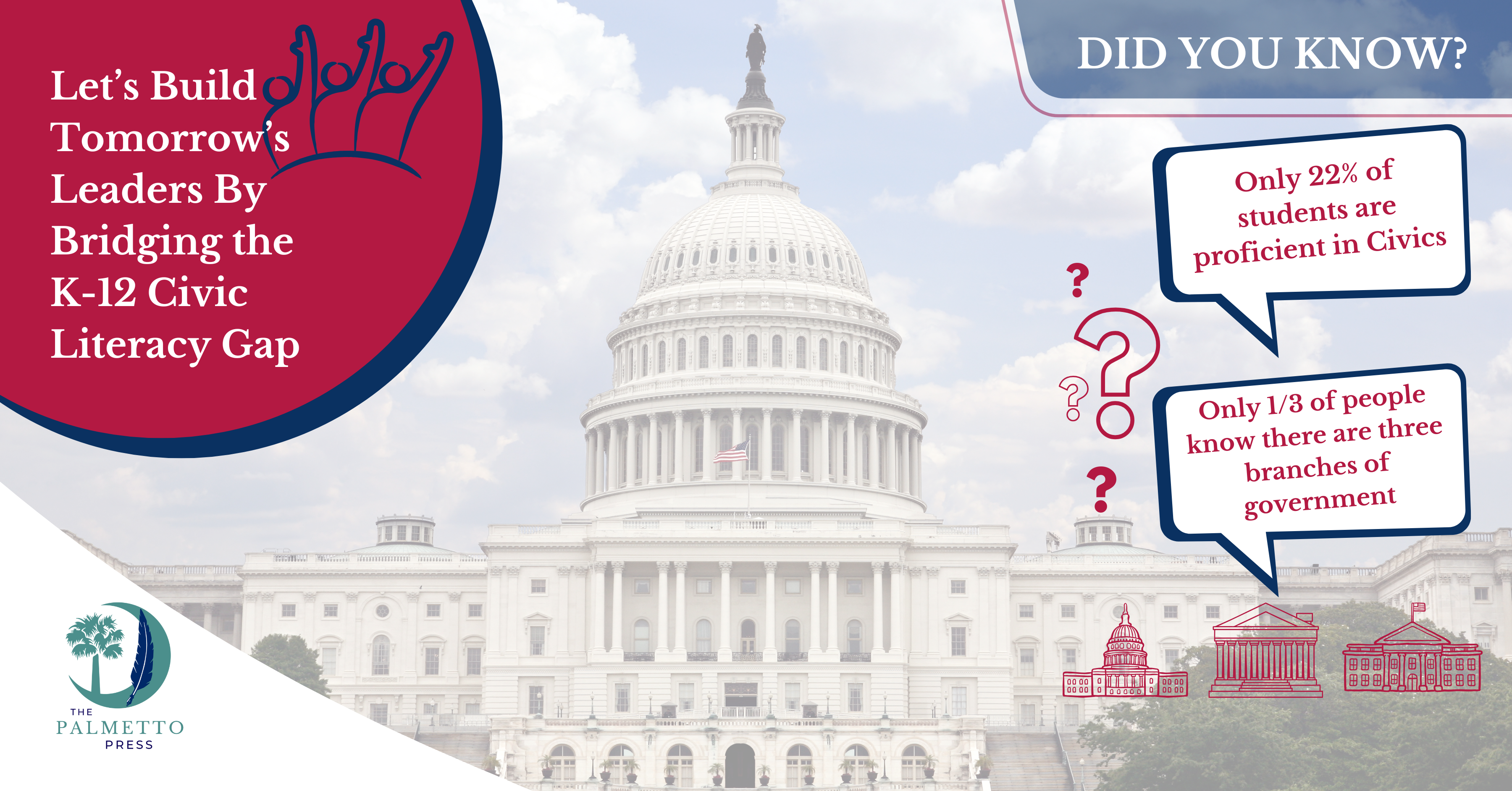by
In a world reigned by everyday humdrum, human trafficking is an egregious abuse that mostly goes unnoticed due to the complexity of the crime and the hesitancy on the victim’s end to notify authorities. In 2023, the National Human Trafficking Hotline (NHTH) identified 9,619 cases involving 16,999 victims in the United States. According to the U.S. Department of State, victims were 42% women, 23% men, 18% girls, and 17% boys. While the penalties for human trafficking are severe in the US, the prevalence of this horror is indeterminable due to the clandestine nature of these crimes, and hence the data is likely grossly underestimated. In light of these disturbing trends, focusing on early education and prevention becomes paramount in the fight against human trafficking.
Across the US, approximately 54 million students will enter classrooms this August for a new school year. The hopes and dreams of an entire generation rest on the shoulders of all adults, and these students deserve every opportunity for the best education, safety, and well-being to flourish in school and their adult lives. To curtail any instances of this unfathomable crime, spreading awareness from a young age is essential, following the 3Ps—Prosecution, Protection, and Prevention, a paradigm followed across the world to combat human trafficking.

South Carolina is taking further steps to create a collaborative and proactive approach to combat human trafficking, starting with an engaging education curriculum. The TraffickProofSC program, designed by the South Carolina Attorney General’s (SCAG) office in partnership with South Carolina ETV, is the first statewide human trafficking prevention program developed for middle and high school students. Backpack giveaway events were held statewide to promote the initiative by distributing 3,000 backpacks filled with school supplies and human trafficking awareness materials.
Schools can assist Governor McMaster’s and Attorney General Alan Wilson’s offices by playing a significant role in imparting these valuable lessons about the perils of human trafficking and potential prevention strategies at the grassroots levels. Educators interested in becoming facilitators of TraffickProofSC can request SCETV training where they will receive instruction in the nuances of how human trafficking encompasses both sex and labor exploitation, which is often facilitated by force, fraud, or coercion, and increasingly enabled by social media. They will learn how this complex crime involves various perpetrator profiles and recruitment tactics, often shrouded in misconceptions. By the end of the course, educators will thoroughly understand the scope of human trafficking and recognize its diverse forms, debunk myths, identify potential recruitment locations, and learn how to respond to suspected cases.

To expand audience reach, the 2023 South Carolina Human Trafficking Task Force Annual Report also encourages after-school programs and youth groups to request a TraffickProofSC presentation on human trafficking. The overarching goal is to instill a habit of vigilance and awareness in our youth, empowering them to recognize and report potential trafficking situations. By educating our children, we are concurrently protecting them and creating a generation of informed citizens who can help combat this insidious crime.
In addition to its focus on prevention and awareness, South Carolina places significant emphasis on providing support and rehabilitation to human trafficking survivors. The state has implemented several victim-centered initiatives, such as the South Carolina Human Trafficking Task Force, which ensures comprehensive care for survivors. These victim support services include safe housing, medical care, mental health counseling, legal advocacy, and job training programs.
Moreover, Governor McMaster recently signed S.142 in August 2024, a comprehensive human trafficking victim protection bill that provides ‘safe harbor’ protections for minor victims of trafficking, ensuring they are treated as victims rather than criminals. The state also offers an address confidentiality program through the Attorney General’s Office, allowing survivors to use a designated address to protect their privacy from abusers.
As we move forward, it’s crucial to remember that the fight against human trafficking requires a united effort from all sectors of society. From government initiatives to grassroots education, every step taken to raise awareness and provide support for victims is a step towards a safer, more just world. Continual evaluation and adaptation of these programs will be key to their sustained effectiveness in the fight against human trafficking, and the efforts of South Carolina serve as a beacon of hope and a model for other states to follow.
While the battle against human trafficking is far from over, programs like TraffickProofSC represent significant progress and demonstrate that through education, awareness, and community involvement, we can make a tangible difference. As we continue to shine a light on this dark issue, we move closer to a future where human trafficking is not just reduced but eliminated. The safety and freedom of our children, and indeed all members of our society, depend on our continued vigilance and commitment because even one person getting trafficked is one more than what we’re willing to endure as we work towards a secure future for all.





